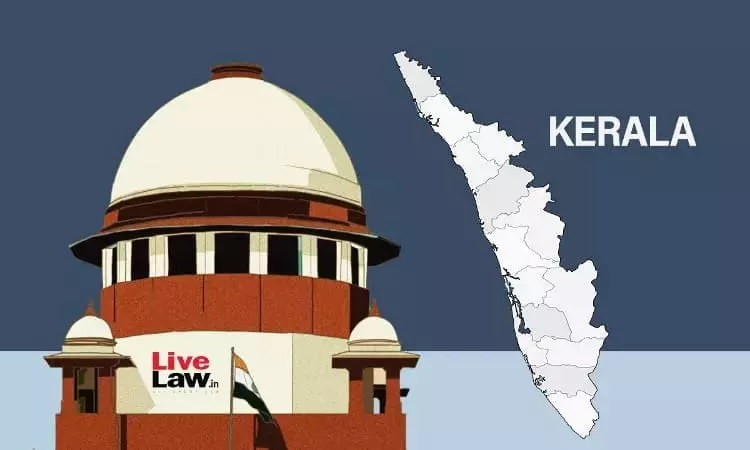Centre Open To Talks With Kerala On Issue Of Borrowing Limits : AG Tells Supreme Court
Awstika Das
13 Feb 2024 3:24 PM IST

Next Story
13 Feb 2024 3:24 PM IST
Attorney General for India R Venkataramani on Tuesday (February 13) told the Supreme Court that the Central Government was open to talks with the Kerala government on the issue of the limits placed by the Centre on the State's borrowing limits. In turn, the state government has also agreed to send a delegation tomorrow to Delhi to conduct a dialogue with representatives of the central...
